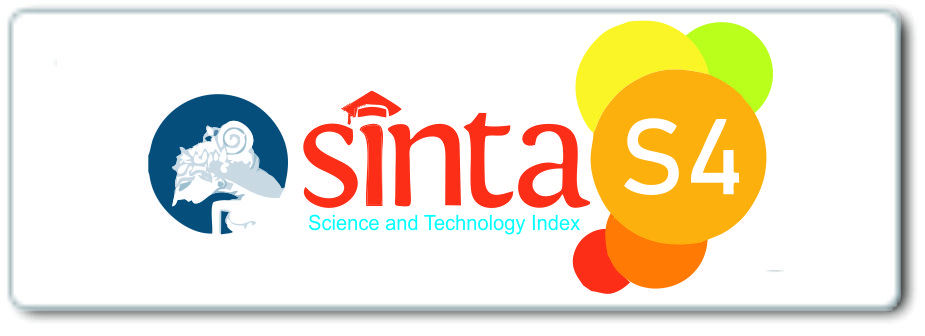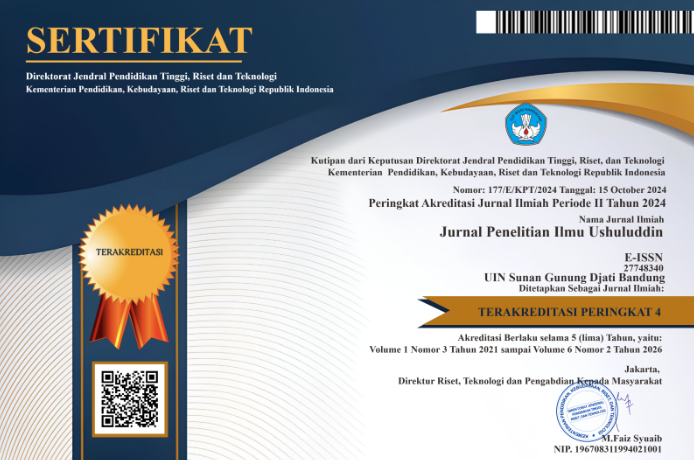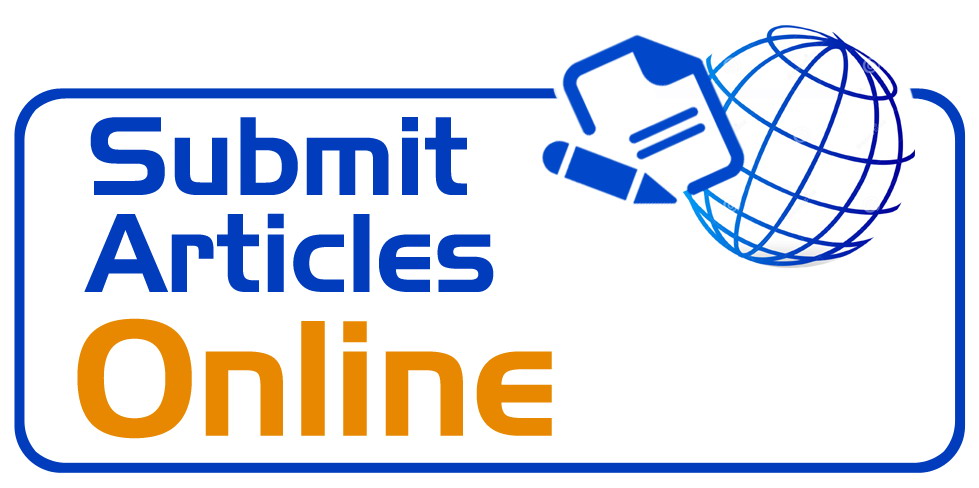Rekonstruksi Makna Al-Qur’an: Studi Kasus Gerakan Kampung Al-Qur’an di Kampung Cijaha Kabupaten Garut
DOI:
https://doi.org/10.15575/jpiu.32609Keywords:
Al-Qur'an Village, Sociology of Knowledge, Typology of MeaningAbstract
This research aims to examine the results of the meaning of the activities of the Al-Qur'an Village Movement in Cijaha Village, Kadongdong, Subdistrict, Banjarwangi, Garut district, West Java using a typology of meaning from Karl Mannheim's theory of the sociology of knowledge. The activities of the Al-Qur'an village movement are as a forum for students and female students to become mobilizers who serve the community by disseminating knowledge of the Al-Qur'an. This research uses field research with a descriptive-qualitative method based on Karl Mannheim's theory of the sociology of knowledge. Through this research method, findings were produced in the form of the Al-Qur'an Village Movement activities which produced volunteers who were sensitive to social and community conditions who were enthusiastic about practicing the reading and values of the Al-Qur'an, so that it was useful in reducing the illiteracy rate of the Al-Qur'an. deviant social behaviour and personality.References
Acikgenc, A. (1994). A Concept of Philosophy in the Qur’anic Context. The American Journal of Islamic Social Sciences, 11.
At-Tirmidzi, M. I. S. (1975) Sunan at-Tirmidzi. Syirkah Maktabah wa Mathba’ah Musthafa al-Bâbi al-Halabi.
Basyiruddin, M. H. (2023). Pelembagaan Al-Qur’an dan Tafsir Melalui Lembaga-Lembaga Pengembangan Tilawah dan Kajian Al-Qur’an. Al-Thiqah: Jurnal Ilmu Keislaman, 6(1).
Baum, G. (1999). Agama dalam Bayang-Bayang Relativisme (Sebuah Analisis Sosiologi Pengetahuan Karl Mannheim Tentang Sintesa Kebenaran Historis-Normatif), terj. Achmad Murtajib Chaeri dan Masyhuri Arow, Tiara Wacana.
Dianto, I. (2022). Participation of Millennials in the Development of the Al-Qur'an Village: A Sustainable Promotion Perspective. Jurnal Pemberdayaan Masyarakat: Media Pemikiran dan Dakwah Pembangunan, 6 (1).
Fazri, M. I. N. A., Hermansyah, T., & Nasichah, N. (2023). Strategi Dakwah Gerakan Kampung Al-Qur’an dalam Membentuk Masyarakat Qur’ani. KOLONI, 2(1), 186-197.
Hamka. (2020). Sosiologi Pengetahuan: Telaah Atas Pemikiran Karl Mannheim. Scolae: Journal of Pedagogy, 3(1).
Huda, N., & Albadriyah, A. S. A. (2020). Living Quran: Resepsi Al-Qur’an Di Pondok Pesantren Al-Husna Desa Sidorejo Pamotan Rembang. Al-Munqidz: Jurnal Kajian Keislaman, 8(3), 358-376.
Imdad, M. (2015). Menjajaki Kemungkinan Islamisasi Sosiologi Pengetahuan. Kalimah: Jurnal Studi Agama dan Pemikiran Islam, 13(2).
Kafi, M. S., Hanief, M., & Rodafi, D. (2022). Genealogi Kampung Al-Qur’an Sebagai Sarana Pengembangan Pendidikan Islam di Bagusari Lumajang. Intizar, 28(2), 60-69.
Mannheim, Karl. (1954). Ideology and Utopia an Introduction to the Sociology of Knowledge. Terj. Louis Wirth dan Edward Shils. Routledge and Kegan Paul.
Mardiyah, R., Ramayani, N., & Wiguna, S. (2022). Implementasi Metode Halaqah Dalam Meningkatkan Kemampuan Menghafal Al-Qur’an Di Pondok Pesantren Kampung Qur’an Pulau Banyak. Dewantara: Jurnal Pendidikan Sosial Humaniora, 1(4), 143-154.
Rohman, S. (2021). Pembelajaran Al-Qur’an dengan Metode An-Nahdliyah pada Era Pandemi Covid-19 (Studi Kasus di TPQ Al-Mubarok Dusun Sri Lestari Kampung Sriwijaya Mataram). Fitrah: Journal of Islamic Education, 2(1).
Shihab, M. Q. (2000). Tafsir Al-Mishbah: Pesan, Kesan, dan Keserasian Al-Qur’an. Lentera Hati.
Tafsir Kemenag. (2019).
Ulum, M. S. (2020). Peranan Pembimbing Agama Islam Dalam Memberikan Motivasi Pentingnya Belajar Al-Qur’an di Majelis Taklim Bandungan Kampung Sawah Lega Kecamatan Pasirwangi Kabupaten Garut. Jurnal Bimbingan Penyuluhan Islam, 2(1).
Downloads
Published
Issue
Section
License
Authors who publish in Jurnal Penelitian Ilmu Ushuluddin agree to the following terms:
- Authors retain copyright and grant the journal right of first publication with the work simultaneously licensed under an Attribution-ShareAlike 4.0 International (CC BY-SA 4.0) License that allows others to share the work with an acknowledgment of the work's authorship and initial publication in this journal.
- Authors are able to enter into separate, additional contractual arrangements for the non-exclusive distribution of the journal's published version of the work (e.g., post it to an institutional repository or publish it in a book), with an acknowledgment of its initial publication in this journal.
- Authors are permitted and encouraged to post their work online (e.g., in institutional repositories or on their website) prior to and during the submission process, as it can lead to productive exchanges, as well as earlier and greater citation of published work (See The Effect of Open Access).












